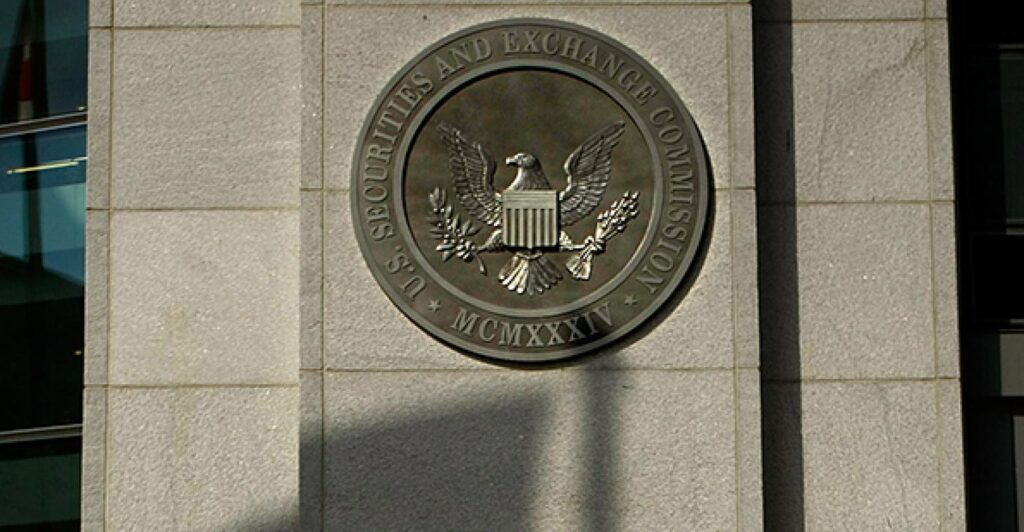The Securities and Exchange Commission (SEC) is currently under scrutiny from Congress, with calls to pause the green-lighting of new cryptocurrency exchange-traded products (ETPs).
Senators Jack Reed and Laphonza Butler, in a letter dated March 11, have voiced their concerns about the risks these products pose to retail investors.
They highlighted issues such as insufficient disclosures by brokers and a lack of liquidity in major cryptocurrencies.
In their correspondence, the senators expressed their apprehension: “We write to urge the Securities and Exchange Commission (SEC) to take steps to protect investors following its recent approval of the listing and trading of certain spot Bitcoin exchange-traded products (ETPs).”
They continued, pointing out that, “The SEC’s approvals have provided a green light for Wall Street to sell volatile cryptocurrency investments to ordinary Americans through their brokerage and retirement accounts.”
The letter draws attention to a survey conducted by the Financial Industry Regulatory Authority (FINRA), which found that 70% of brokers did not adhere to fair disclosure rules when communicating with retail investors.
The senators criticized brokers for inaccurately comparing cryptocurrency to cash and offering misleading descriptions of the risks involved, contributing to misinformation about Bitcoin ETPs.
Moreover, Reed and Butler are concerned about the presentation of spot Bitcoin ETFs, arguing that it might mislead investors by not clearly distinguishing them from traditional funds.
They emphasized the importance of ensuring investors are well-informed about the differences between these products.
The senators also questioned the reliability of cryptocurrencies, particularly emphasizing Bitcoin’s vulnerability to fraud and price manipulation.
They cautioned against the risks associated with ETPs linked to such currencies.
In a significant development, the SEC approved 11 spot Bitcoin ETFs in January, marking a notable change in the regulatory landscape.
This decision followed years of hesitation and rejections, paving the way for investors to more easily engage with cryptocurrencies through conventional financial channels.
The approval facilitates access to cryptocurrencies for retail investors, allowing them to invest through brokerage accounts without the need for separate crypto exchanges, thereby reducing the risks associated with direct cryptocurrency holdings, such as security vulnerabilities and fraud.
